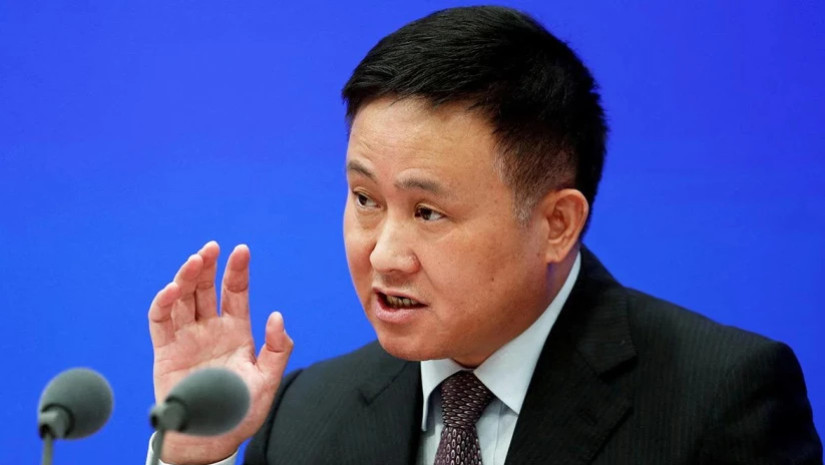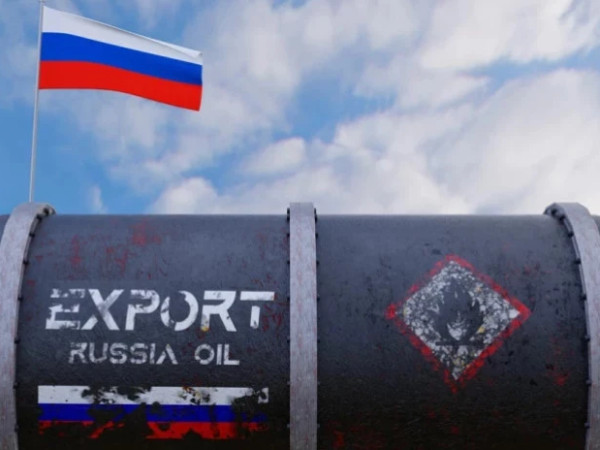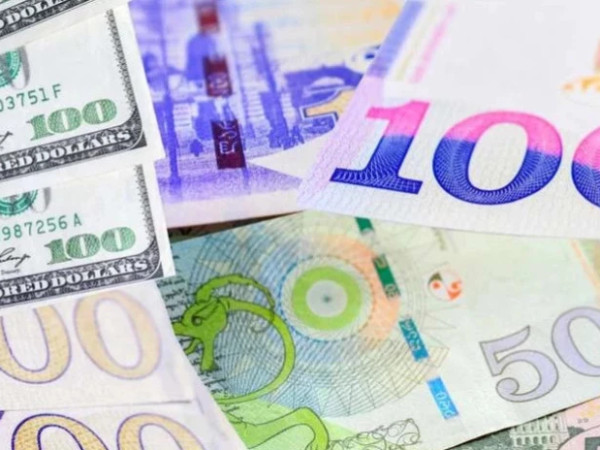For nearly eight years Pan Gongsheng has overseen one of the world’s biggest pots of money: China’s $3 trillion in foreign currency reserves. Now he will run the country’s central bank, playing an even more powerful role in the Chinese economy.
Mr. Pan, a prominent economist, was named on Tuesday as governor of the central bank, the People’s Bank of China. He had already been installed as the bank’s Communist Party secretary on July 1. It will be the first time in five years that one person holds both top jobs, giving Mr. Pan outsize policy influence over the financial system of the world’s second largest economy.
He was appointed at a delicate time for China. The country’s postpandemic recovery is faltering, its banking system is bloated with bad loans to real estate developers and local governments, and its currency, the renminbi, is teetering near the lowest levels in 15 years. These crosscurrents are making foreign investors think twice about putting money into China and nudging domestic ones to take their investments out of the country.
Foreign currency reserves are effectively a country’s emergency fund to be used at times of financial stress. As leader of the central bank’s State Administration of Foreign Exchange, Mr. Pan stabilized the renminbi after a devaluation, aimed at strengthening exports and increasing global use of the renminbi, backfired in August 2015.
He steadied the currency then by imposing strict limits, enforced by the police, on the ability of Chinese households and companies and even multinationals to move money out of the country. His actions stanched the outflow of capital but badly damaged the international appeal of the renminbi as an alternative to the dollar, and established a precedent for the planning now underway in Washington to limit American investments in China.
Earlier in his career he held top posts at two of the country’s four main banks, the Industrial and Commercial Bank of China and the Agricultural Bank of China, and streamlined operations at both.
Mr. Pan was among the officials who warned early on of the dangers posed by China’s real estate bubble, which is now deflating with widespread harm to the economy.
Mr. Pan owes his ascent to “competence and a rare level of technical expertise, because he doesn’t appear to have any political backing from higher-ups,” said Andy Chen, a senior analyst at Trivium China, a Beijing policy consulting firm.
But Mr. Pan’s lack of a power base within the Communist Party may be offset by his commanding the top two spots at the central bank. Since 2018, the party secretary was Guo Shuqing, who was a full member of the party’s powerful Central Committee. The central bank governor has been Yi Gang.
Economic policy continues to be dominated by Vice Premier He Lifeng, who is a longtime ally and close friend of China’s top leader, Xi Jinping. Mr. He has overseen industrial policy and economic planning for the last seven years. This spring he was given added responsibility for international trade and finance, and he is expected to gain further clout over the domestic financial system as well.
Yet just surviving as a senior financial official in China these days is an accomplishment, as waves of corruption investigations have felled numerous leaders. Mr. Pan’s ability to avoid legal trouble while overseeing the currency reserves is particularly notable given the agency’s troubled history.
A director of the foreign currency agency in the 1990s, Zhu Xiaohua was sentenced soon after to 15 years in prison for corruption during a subsequent posting as a bank executive, although he was later released on bail. Mr. Zhu’s successor, Li Fuxiang, was abruptly hospitalized in 2000 and died when he fell from a seventh-floor hospital window.
The foreign currency agency was thrown into turmoil again in 2015 when the central bank devalued China’s currency with scant initial explanation.


















